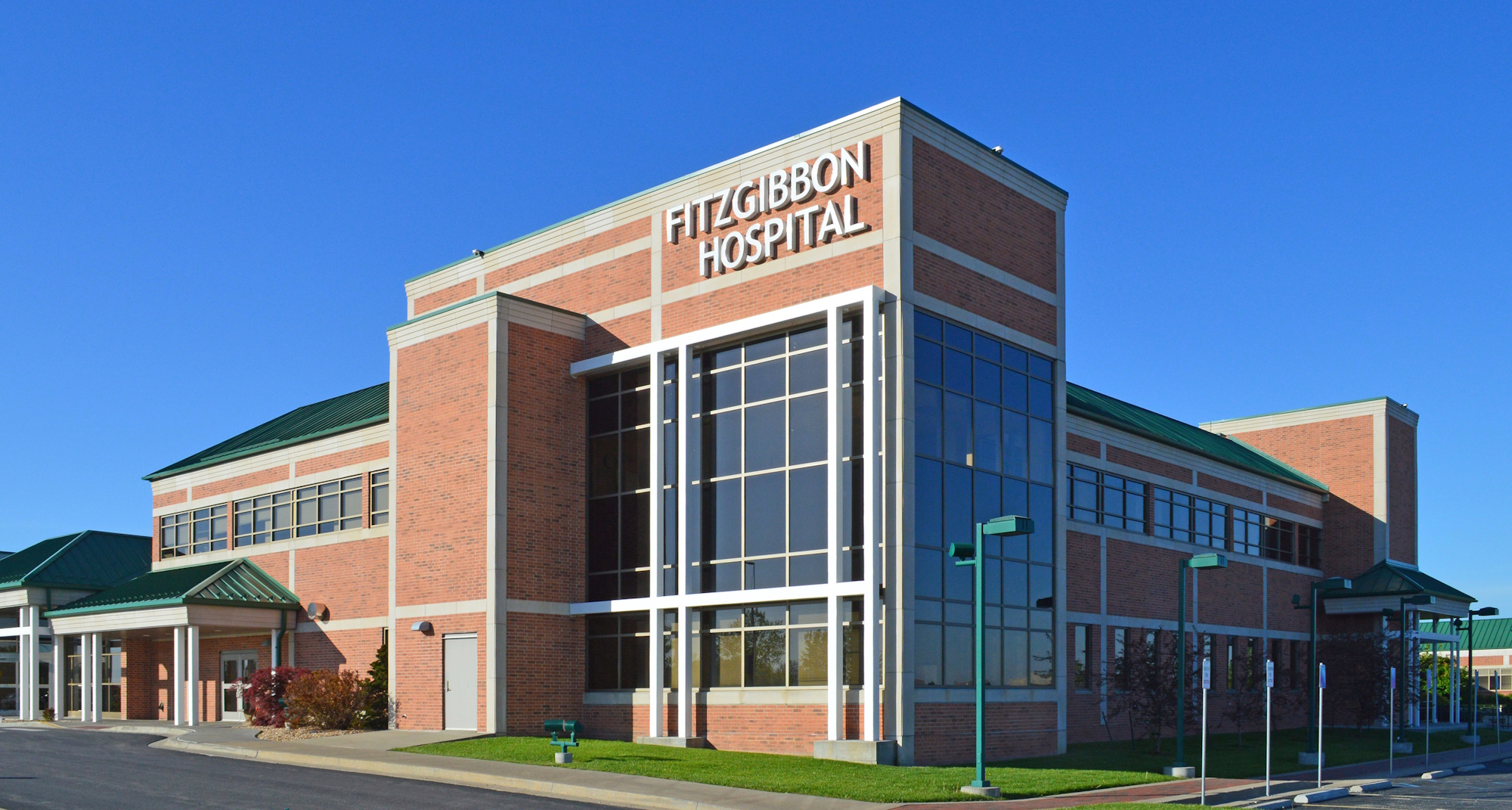 Jeff's Story
Jeff's Story
This year has been a full of uncertainty, twists and turns, and struggle for everyone. But imagine you are battling cancer on top of everything else. For Jeff Bergstrom, General Manager of Marshall Municipal Utilities, he did just that. Bergstrom rang the bell following successful cancer treatments at the Fitzgibbon Community Cancer Center this November, something he says was the end of an overwhelming journey. Bergstrom credits the staff at the Fitzgibbon Community Cancer Center for helping him make it through.
“I had been having some symptoms and leg pain back in February,” said Bergstrom. “When I finally did make an appointment, my doctor referred me to Fitzgibbon Hospital for a neurology test. I just thought I had neuropathy, but the doctor referred me for lab work. It was then that Dr. Tungesvik told me that I had multiple myeloma.”
According to the Centers for Disease Control and Prevention, multiple myeloma is a blood cancer that affects the immune system. Approximately 180,000 people live with multiple myeloma in the United States and it is normally diagnosed in people over the age of 65. It starts in plasma cells which are found in the bone marrow. Because bone marrow is a central part of the immune system, multiple myeloma can hinder the body’s ability to produce antibodies to fight infection. Over a period of time, these cells multiply and spread. With the threat of a pandemic looming, having a compromised immune system was even more disconcerting.
“It was a shock and totally overwhelming,” said Bergstrom. “My immediate concern was, ‘How do I tell my loved ones?’”
Bergstrom and his wife Kristen have been married 19 years and they have a daughter. Bergstrom faced a struggle that many consider immediately following a diagnosis; how do you share such difficult news with your family and friends?
“I am a bit of a practical jokester so when I told my wife, I don’t think she believed me at first. Then, as she looked into my eyes, she realized I was telling the truth,” said Bergstrom. “Once you are diagnosed with it, even though it is a rare cancer, I have learned that there are more people around you that have it.”
Bergstrom is thankful for the care he received at the Fitzgibbon Community Cancer Center. In all, Bergstrom faced four cycles of chemotherapy treatments beginning just before the pandemic declaration. Fighting cancer during a pandemic virus is nerve-wracking but he said he felt safe during his treatments because the staff took it so seriously.
“Those gals are great. You get to know them like family after a little bit of time,” said Bergstrom. “I was going in two times a week plus regular checkups as well. There were times that I didn’t have an appointment but I could call in when I had questions. I couldn’t speak more highly of that group out there. They are a super bunch and they followed all the protocols to keep us all safe.”
Bergstrom said he learned some powerful lessons during his cancer treatments. One of the most important things he learned is how important and valuable the Fitzgibbon Community Cancer Center is for our community.
“I cannot imagine what it would have been like to have had to drive out of town to have my treatments. Chemotherapy made me pretty sick. I have a new understanding and respect for anyone who is having to go through chemotherapy or radiation. It was eye opening for me, that’s for sure,” said Bergstrom. “That cancer center is a blessing. You don’t understand what having that in this community means to people until you actually need it yourself.”
Fortunately, because of the care he received, Bergstrom is in deep remission from multiple myeloma. Bergstrom wants the community to know how important it is that they have access to an important resource like the Fitzgibbon Community Cancer Center.
“It wasn’t just because of the convenience of being local that people should go there. They have an amazing staff that treats you like you are important, not just a number,” said Bergstrom.
The Fitzgibbon Community Cancer Center is currently in the middle of a $2 million capital campaign to replace its linear accelerator, the cornerstone piece of equipment used in the treatment of cancer. The new linear accelerator will allow for the treatment of additional cancers that cannot currently be treated, locally, because of the time it takes to provide treatments. To make your year-end, tax-deductible gift to fund the purchase of the new linear accelerator, contact Andrea Barr, Foundation Director, at (660) 831-3850, or visit the “Giving Back” link at www.fitzgibbon.org.



.png)